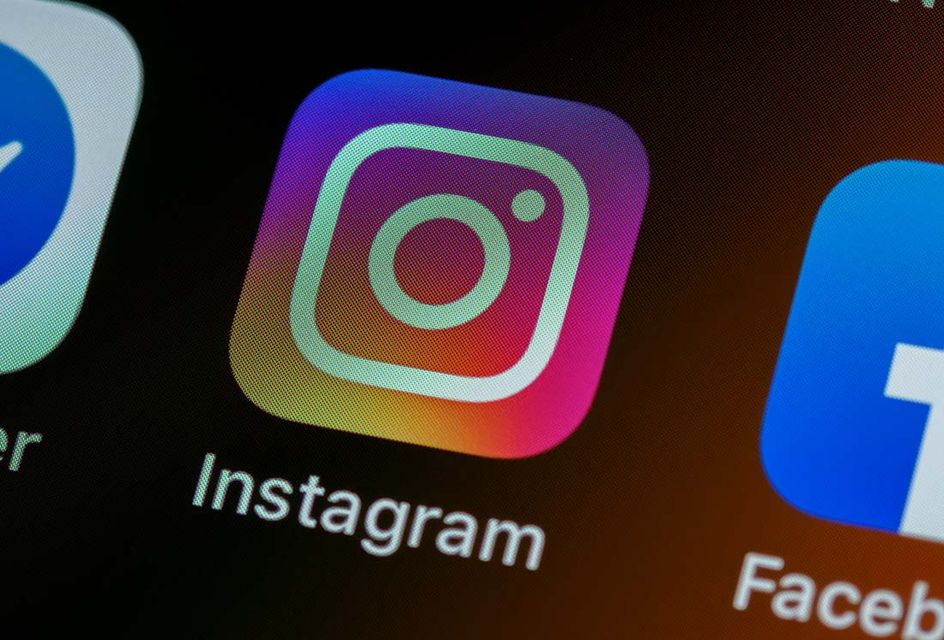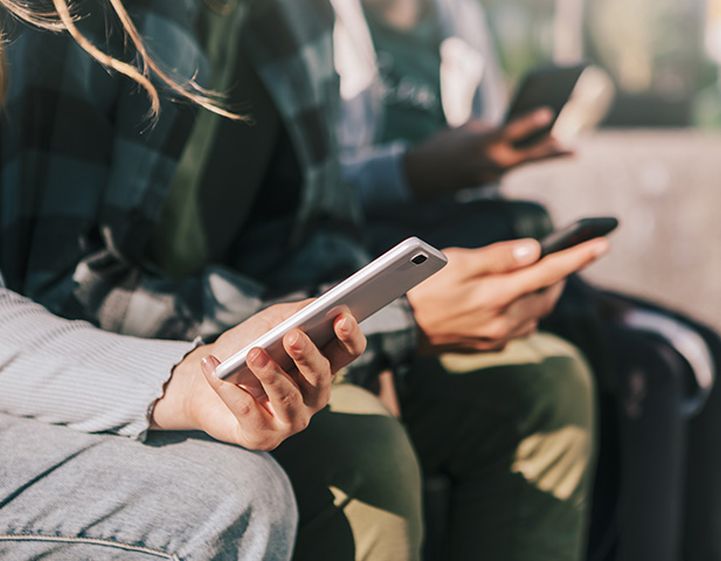Instagram ranked worst for young people's mental health
Author: RSPH 19 May 2017 1 min read
A new report has revealed the positive and negative effects of social media on young people's mental health.

RSPH and the Young Health Movement (YHM) have published a new report, #StatusOfMind, examining the positive and negative effects of social media on young people’s health, including a league table of social media platforms according to their impact on young people’s mental health.
YouTube tops the table as the most positive, with Instagram and Snapchat coming out as the most detrimental to young people’s mental health and wellbeing.
What did the report find?
In early 2017 (13 February to 8 May), RSPH and YHM conducted a survey of almost 1,500 young people (aged 14-24) from across the UK. The survey asked them to score how each of the social media platforms they use impacts upon 14 health and wellbeing-related issues which were identified by experts as the most significant.
The 14 Health and Wellbeing-related issues were:
- Awareness and understanding of other people's health experiences
- Access to expert health information you know you can trust
- Emotional Support - empathy and compassion from family and friends
- Anxiety - feelings of worry, nervousness or unease
- Depression - feeling extremely low and unhappy
- Loneliness - feelings of being all on your own
- Sleep - quality and amount of sleep
- Self-expression - the expression of your feelings, thoughts or ideas
- Self-identity - ability to define who you are
- Body Image - how you feel about how you look
- Real World Relationships - maintaining relationships with other people
- Community Building - feeling part of a community of like-minded people
- Bullying - threatening or abusive behaviour towards you
- FOMO (Fear of Missing Out) – feeling you need to stay connected because you are worried things could be happening without you.
Based on the ratings young people gave to each platform for each of the health and wellbeing-related issues, the five most popular platforms were given a net average score which were used to establish the league table rankings:
- YouTube (most positive)
- Snapchat
- Instagram (most negative)
What are the recommendations?
RSPH and YHM are now calling for action from government and social media companies to help promote the positive aspects of social media for young people, whilst mitigating the potential negatives.
- Introduction of a pop-up heavy usage warning on social media – seven in 10 (71%) young people surveyed support this recommendation.
- Social media platforms to identify users who could be suffering from mental health problems by their posts, and discretely signpost to support – four in five (80%) young people support.
- Social media platforms to highlight when photos of people have been digitally manipulated – more than two-thirds (68%) of young people support this recommendation.
Find out more
Read the full report to find out more about social media and its effects on young people's mental health.
Read the report
